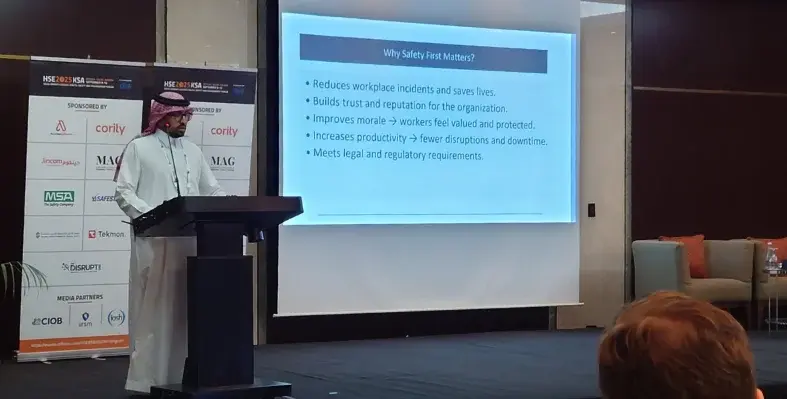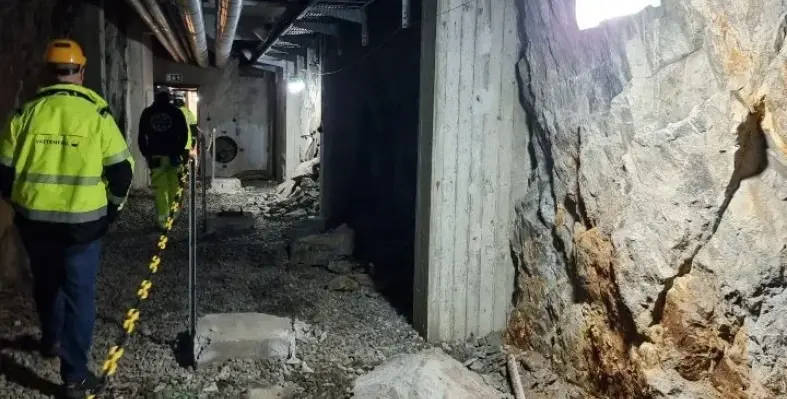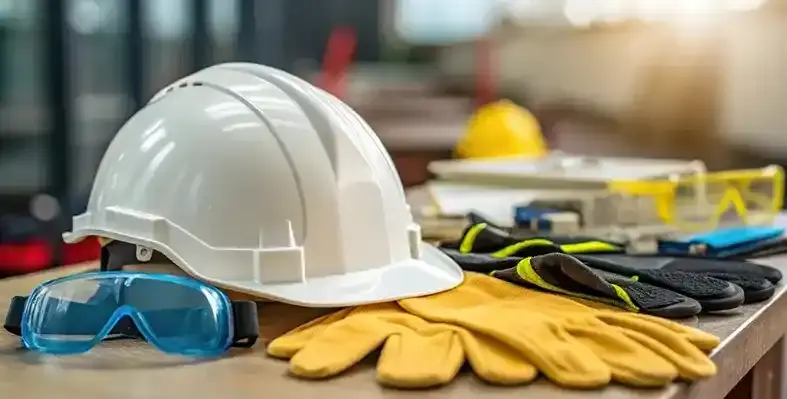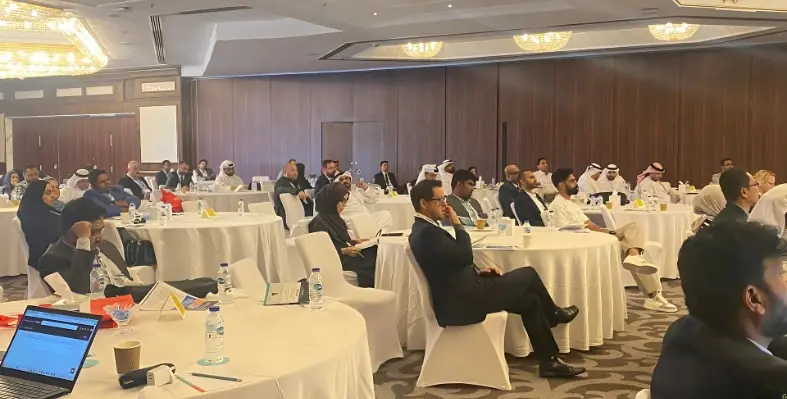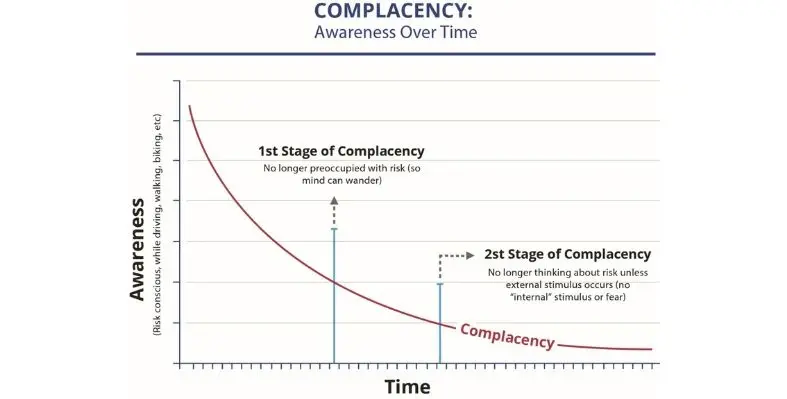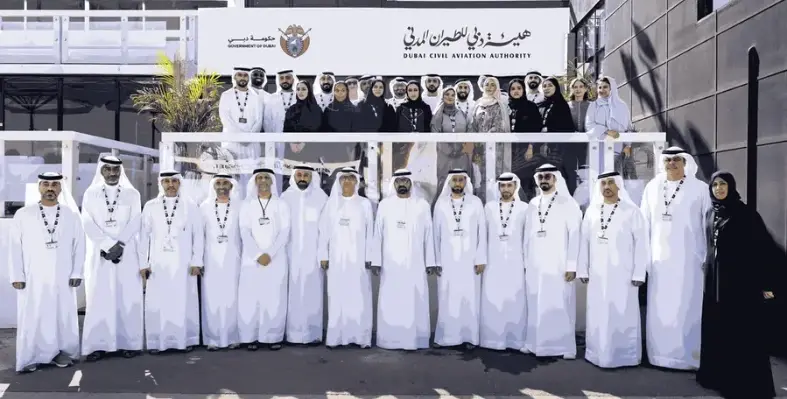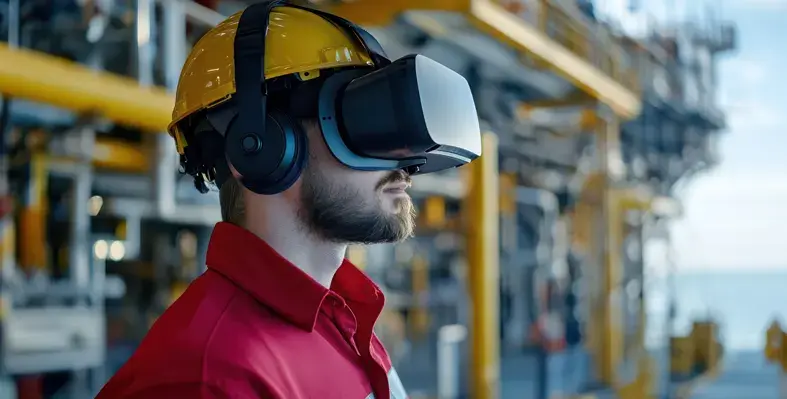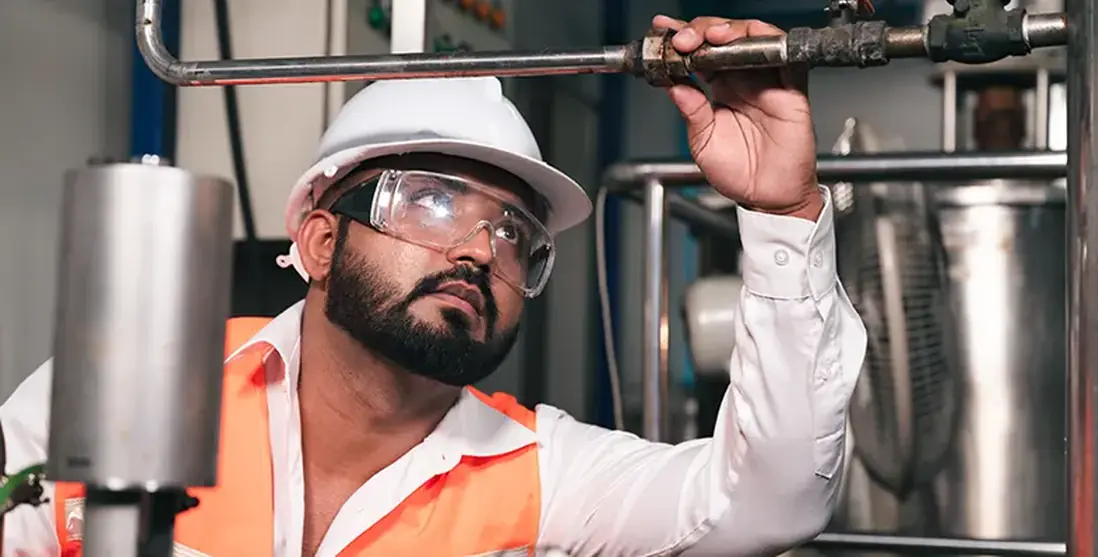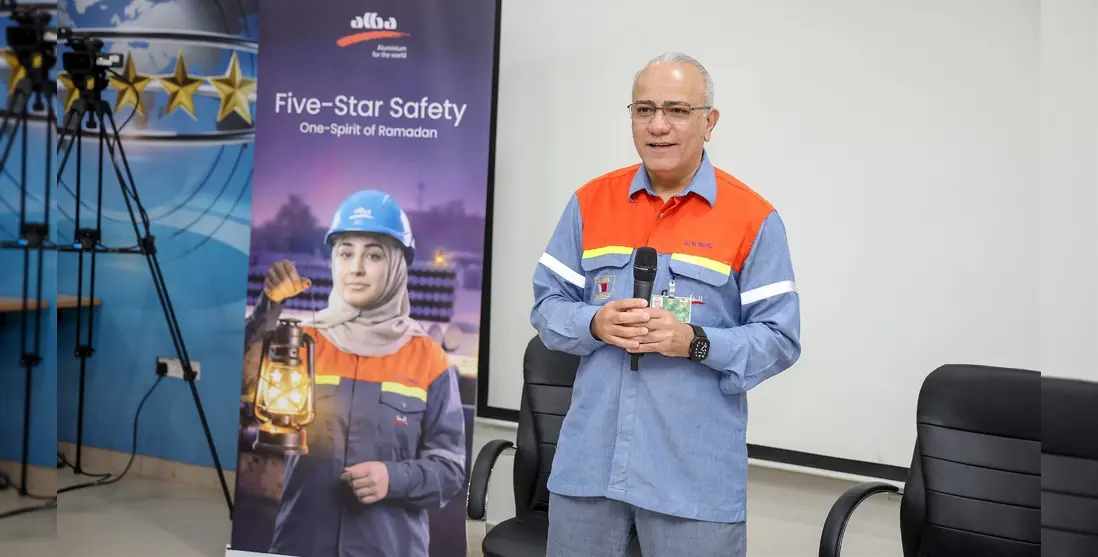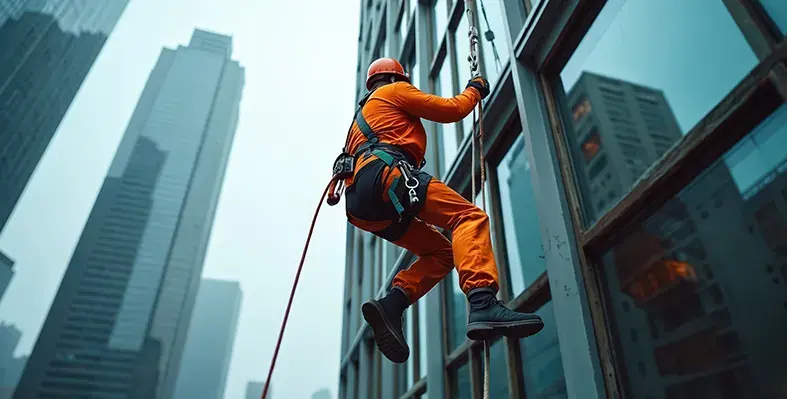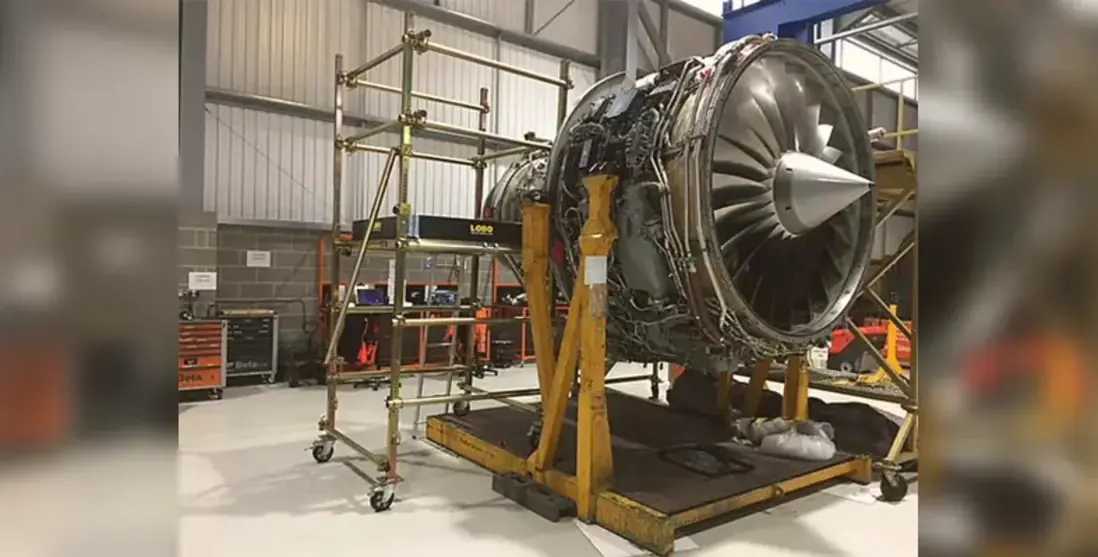At the KSA HSE Conference in Riyadh on 9th and 10th September, 2025, Kharsan Al Salem, HSEQ Consultant and Traffic Diversions Project Director at Riyadh Municipality, delivered a compelling session on the importance of embedding a 'Safety First' culture in organisations in Saudi Arabia. His talk emphasised that safety must move beyond compliance and become an ingrained value guiding every decision and action in the workplace
“Safety First is to place health and safety and well-being of people above costs and speed and convenience,” Al Salem began. “It’s not just compliance — it should be a culture and value for each organisation.” He reminded attendees that this commitment is not optional but essential: “Everyone deserves to go home safe.”
Al Salem explained that safety-first cultures drive measurable benefits: reducing incidents, saving lives, and boosting productivity and morale. “Safety first matters because it reduces workplace incidents and saves lives, builds trust and reputation for the organisation, improves morale—workers feel valued and protected, and increases productivity,” he said.
He outlined three foundational pillars of a sustainable safety-first culture: leadership commitment, team empowerment, and open communication. “If one of these pillars is weak, the culture will not be sustainable,” he cautioned.
Leadership Commitment
According to Al Salem, leaders play a defining role in shaping organisational culture. “Leaders set the tone by their actions and priorities,” he said. “When leaders actively demonstrate commitment—wearing the right personal protective equipment, following procedures, participating in safety meetings—it sends a powerful message.” This visible involvement, he added, “builds trust and accountability. Employees see that safety is taken seriously, and they feel motivated to follow suit.”
Team Empowerment
Empowering employees to take ownership of safety responsibilities was Al Salem’s second pillar. “Team empowerment is about giving employees ownership of their safety responsibility,” he explained. Providing proper training, resources, and fostering collaboration enables teams to prevent incidents before they happen. “Empowered teams are engaged and proactive,” he said, emphasising the importance of open dialogue where everyone feels comfortable raising safety concerns.
Open Communication
The third pillar, open communication, ensures a transparent and blame-free environment. “Organisations must create a safe environment where employees can report incidents or near misses without fear of retaliation,” Al Salem said. Sharing lessons learned and maintaining feedback loops, he added, “helps everyone improve, so safety processes evolve based on real experience.”
Al Salem also highlighted progress within Saudi Arabia. “Safety culture is gaining momentum, supported by government regulation and initiatives focused on workplace safety,” he noted. According to the Ministry of Human Resources and Social Development, 66% of establishments now comply with the Occupational Safety and Health system. Additionally, nine ministerial decisions and 41 new regulations have been implemented in the field, contributing to a drop in occupational injuries from 416 to 287 per 100,000 workers and a reduction in fatality rates from 3.8 to 1.12 per 100,000 workers.
Closing his session, Al Salem urged attendees to lead by example and commit to continuous improvement. “Leaders should lead by example every day. Teams must feel empowered to speak up and share their concerns. Together, fostering a culture of continuous improvement will make our workplaces safer and more productive,” he concluded.
Through his address, Al Salem underscored that a true “Safety First” culture is not a slogan—it is a shared value, practised daily, and essential for sustainable organisational success in Saudi Arabia’s evolving industries.




